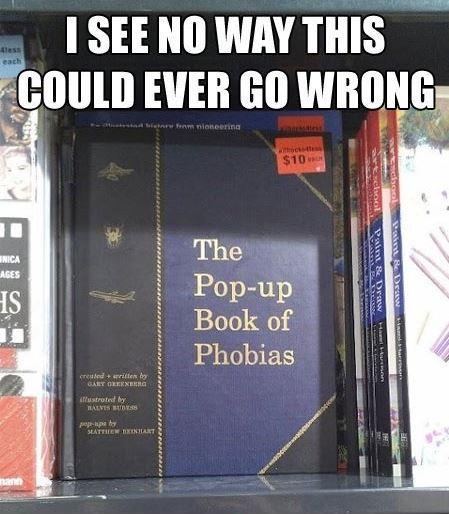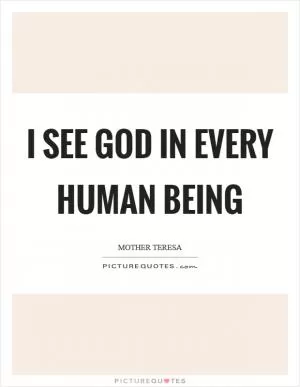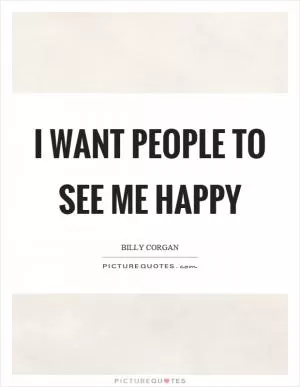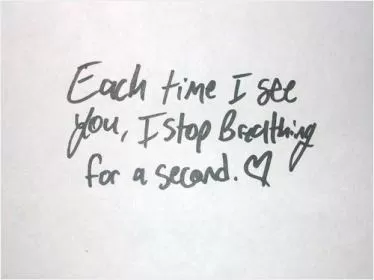I see no way this could ever go wrong

I see no way this could ever go wrong
The phrase "I see no way this could ever go wrong" is often used in a sarcastic or ironic manner to highlight the potential for disaster in a situation that appears to be foolproof. It is a common expression used to convey skepticism or doubt about the success of a plan or decision.In reality, there are countless ways in which things can go wrong, even when they seem to be going perfectly. Murphy's Law states that "anything that can go wrong will go wrong," and this sentiment is echoed in the popular saying, "the best-laid plans of mice and men often go awry." This is a reminder that no matter how well-prepared or confident we may be, unforeseen circumstances can arise that derail our intentions.
One of the main reasons why things can go wrong is human error. We are fallible creatures prone to making mistakes, overlooking details, and underestimating risks. Even the most meticulous planning can be undone by a simple oversight or lapse in judgment. Additionally, external factors beyond our control, such as natural disasters, economic downturns, or technological failures, can disrupt our plans and lead to unexpected outcomes.
Another reason why things can go wrong is the inherent complexity and unpredictability of the world. The interconnected nature of systems and processes means that a small change in one area can have far-reaching consequences elsewhere. This is known as the butterfly effect, where a seemingly insignificant event can trigger a chain reaction of events with significant impacts.
Furthermore, our own biases and assumptions can cloud our judgment and lead us to underestimate risks or overestimate our abilities. Confirmation bias, for example, can cause us to seek out information that confirms our beliefs while ignoring evidence that contradicts them. This can create blind spots that prevent us from seeing potential pitfalls in our plans.












 Friendship Quotes
Friendship Quotes Love Quotes
Love Quotes Life Quotes
Life Quotes Funny Quotes
Funny Quotes Motivational Quotes
Motivational Quotes Inspirational Quotes
Inspirational Quotes